
Following the fifth annual open competition managed by the UBC Sustainability Hub and the Office of Global Engagement, a delegation of 14 students, staff, and faculty will be participating in-person and virtually at the 30th United Nations Climate Change Conference of the Parties (COP30) in Belém, Brazil from November 10 to November 21, 2025.
The annual Conference of the Parties (COP) brings together countries, civil society, companies and people on the frontline of climate change to accelerate action. UBC holds “Official Observer” status and is allocated a set number of ‘badges’ that provide access to the negotiations and events.
Taking part in COP30 exemplifies our commitment to UBC's Climate Emergency Task Force Report recommendations, enabling us to drive change beyond our institutional boundaries and promoting a culture of engagement and advocacy for climate action.
By participating in COP30, UBC delegates will deepen their understanding of how global climate negotiations work, enhancing their research, programs, studies and activism. In return, we request that they share their experiences from this global gathering with the wider UBC community. Stay tuned for stories and events from delegates during and after COP30 to hear about their experience.
As recommended by the Climate Emergency Task Force report, the delegate selection process is an open and transparent competition for all students, faculty, and staff. The COP30 delegates were chosen through a rigorous selection committee from the Sustainability Hub and the Office of Global Engagement.
UBC Delegates to COP30
UBC Delegates include seven students, one research associate, one staff, and five faculty members.
In-person Observer Delegates:

Philippe Le Billon (he/him), Professor, Geography & School of Public Policy and Global Affairs, Faculty of Arts
Philippe Le Billon is a Professor at the University of British Columbia with the Department of Geography and the School of Public Policy and Global Affairs. He holds a PhD in Geography (Oxford). A political ecologist, he works on linkages between environment, development and security with a focus on resource-related conflicts. He currently works on the ‘green transition’, environmental defenders, and ocean sustainability. His publications include Wars of Plunder: Conflicts, Profits and the Politics of Resources (Oxford UP, 2013), Oil (Polity Press, 2017 with Gavin Bridge), and Environmental Defenders: Struggles for Life and Territory (Routledge, 2021 with Mary Menton), The Great Green Grab, Climate Extractivism and Resource Imperialism (Hurst, 2026).
Energy transition, with a focus on critical minerals and deployment of renewable; ocean sustainability; managed decline in fossil fuel production
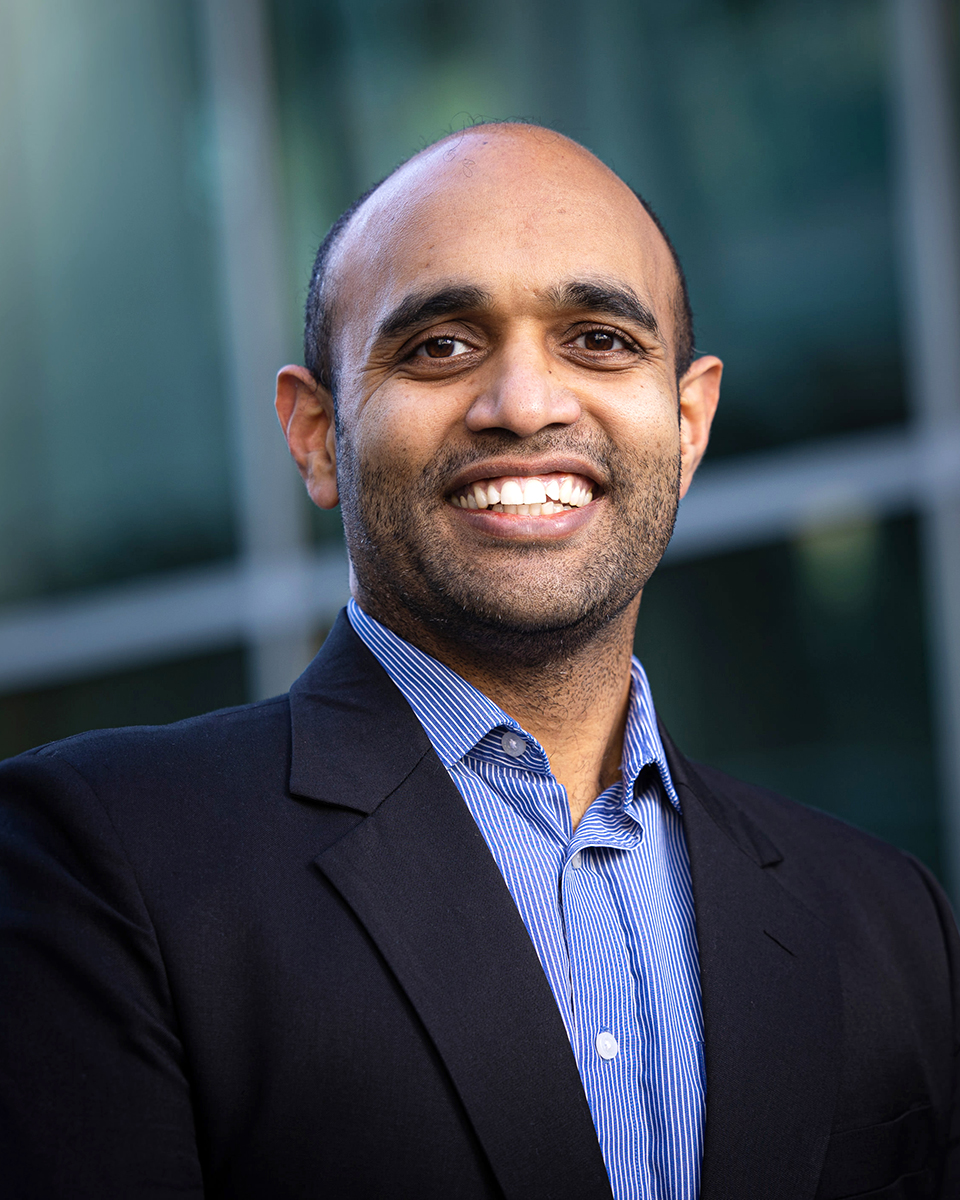
Vikramaditya Yadav (he/him), Associate Professor, Chemical and Biological Engineering, Faculty of Applied Science
Vikramaditya G. Yadav is a pioneering climate tech entrepreneur, award-winning professor at UBC, and founder of multiple deep-tech companies that specialize in transforming waste into opportunity. His research and ventures tackle some of the world's most challenging sustainability issues across wastewater treatment, mining operations, textile production, and biomaterials development. He is also on the frontlines of training the next generation of climate innovators. Recognized as one of Canada's Top 40 Under 40 and as Foresight's Climate Tech Educator of the Year, he connects research, policy, and industry to accelerate real-world decarbonization solutions. At COP30, he presents a bold vision for scaling science-driven innovations into global impact.
“I want to bring a frontline perspective on how climate technologies succeed when confronted with the realities of capital, regulation, and infrastructure. COP30 is not just a negotiation; it is a crucible where ideas must be translated into impact, and I intend to share hard-won lessons to accelerate that translation.”
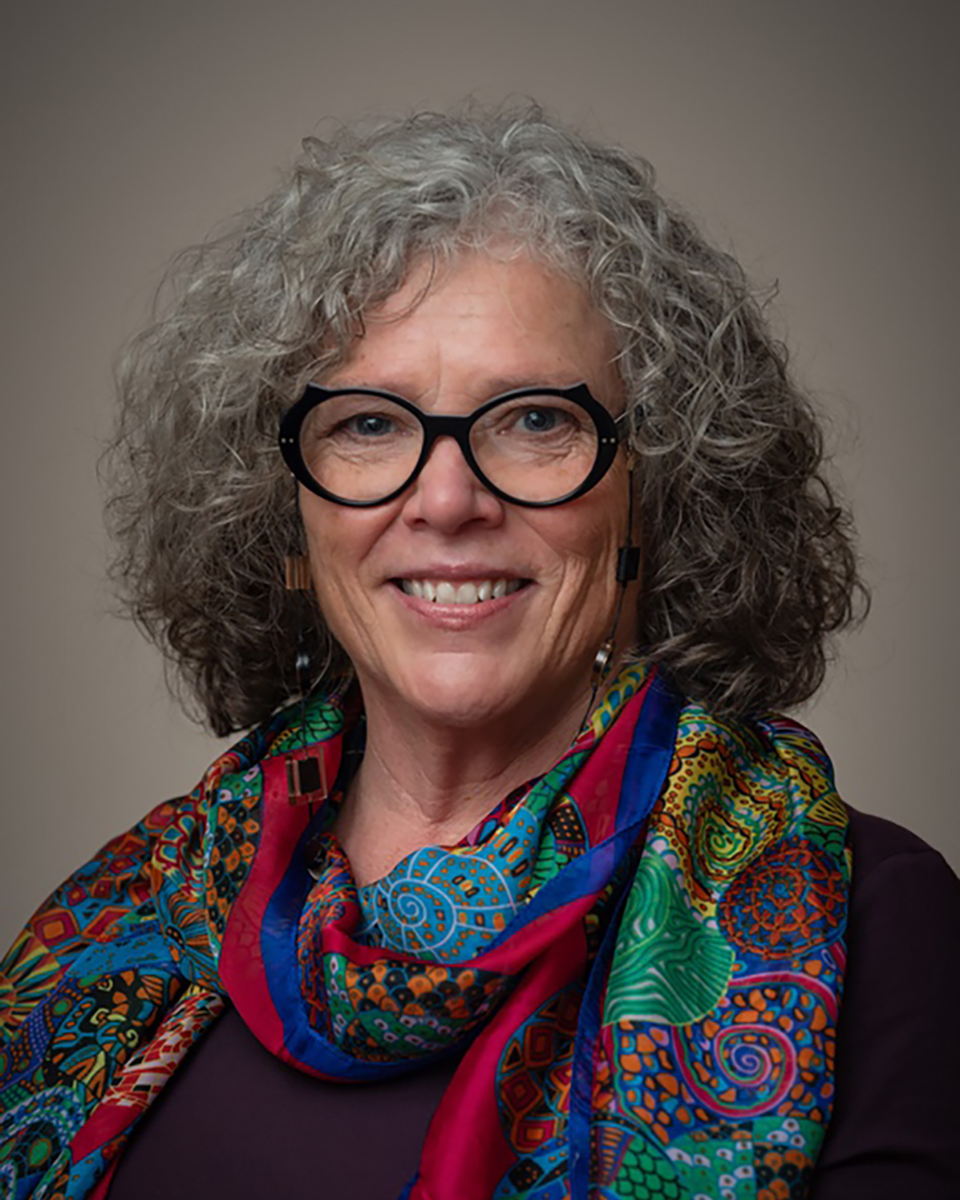
Kathryn Harrison (she/her), Professor, Political Science, Faculty of Arts
Kathryn Harrison is a Professor of Political Science whose research and teaching focuses on climate policy. Her current research projects include the politics of carbon pricing and fossil fuel subsidy reform. She is a member of the BC Climate Solutions Council, chair of the mitigation expert panel of the Canadian Climate Institute, and a regular media commentator on climate and energy policy.
"At COP, I’ll be following efforts to strengthen previous commitments to phase out fossil fuels and fossil fuel subsidies."
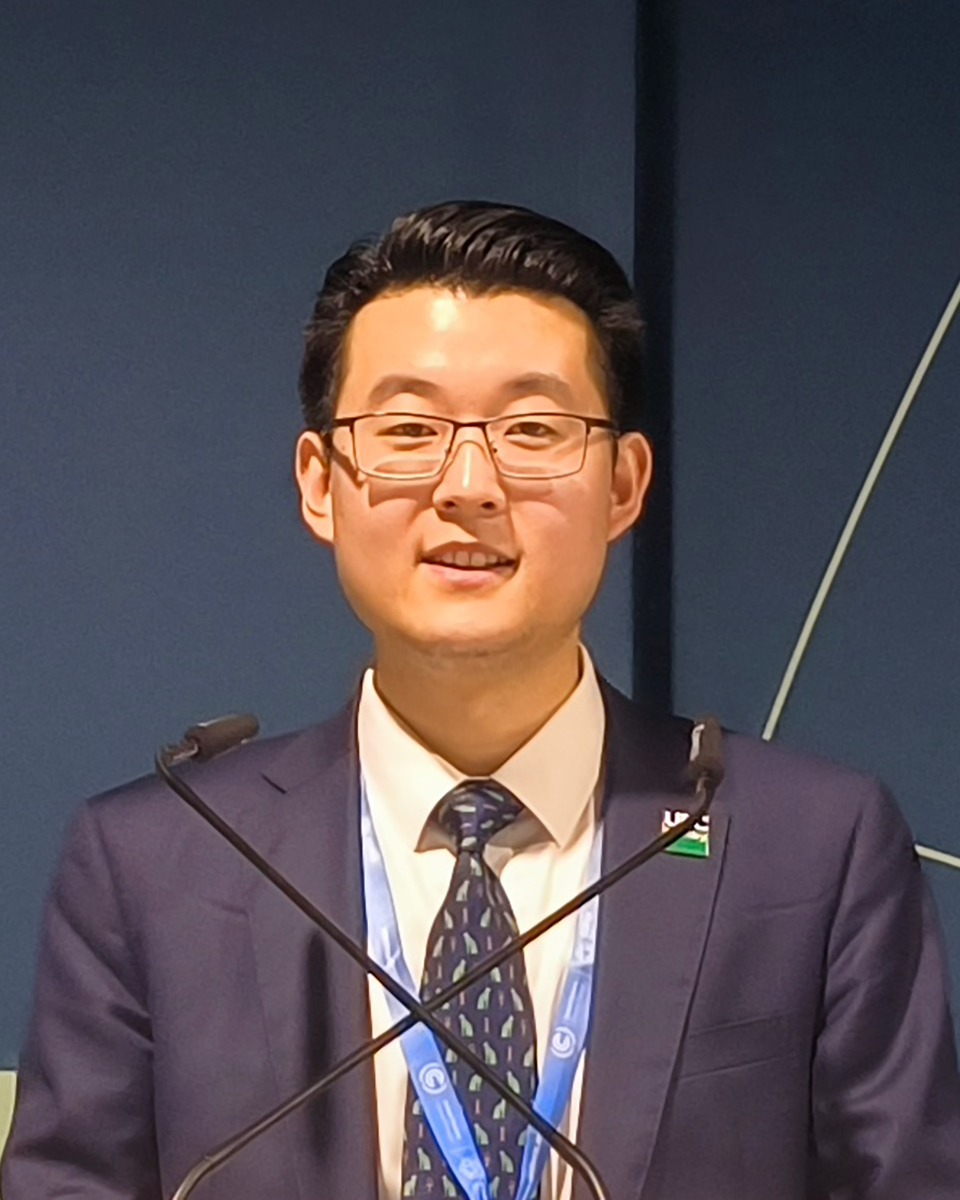
Chunyu Pan (he/him) PhD Student, Forest Resources Management, Faculty of Forestry
Chunyu Pan is a PhD candidate in Forestry at the University of British Columbia, specializing in forest-based climate solutions, carbon markets, and international climate policy. His research focuses on the role of sustainable bamboo and forest management in carbon removal, climate finance, and global policy frameworks. Since April 2025, he has been interning with the UNFCCC Secretariat, supporting work on Article 6.4 standards for removals and reversal risk management. He has organized and spoken at international events, including COP28, COP29, and the International Young Scientist Forum on Climate Change, and aims to bridge science, policy, and practice to advance high-integrity climate action worldwide.
“At COP30, I aim to engage directly in negotiations on land-use and forest contributions to climate mitigation under Thematic Area 2: Stewarding Forests, Oceans, and Biodiversity. I will also follow closely whether the CMA revisits the Article 6.4 removals standard, which is critical for the future of land-sector projects.”
Virtual Observer Delegates:
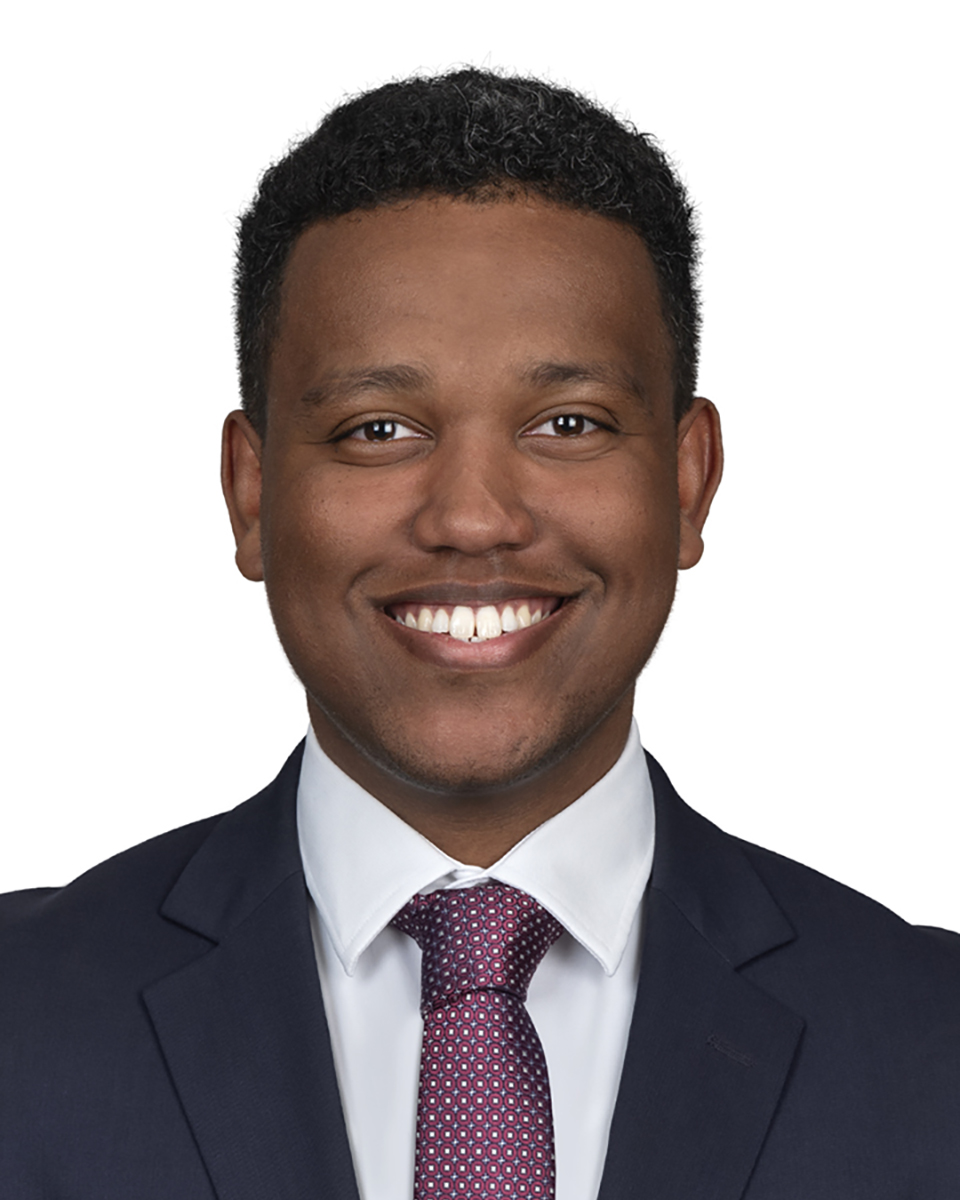
Michael Girum (he/him), J.D. Candidate, Peter A. Allard School of Law
Michael Girum is a JD candidate (2027) at Allard. Prior to law school, Michael completed a Bachelor of Commerce (Honours) in finance at the University of Calgary, where he completed research studies on sustainability education in business schools. Outside of school, Michael worked as the co-chair of the Environment & Climate Change Canada Youth Council, where he led a group of ten young Canadians in providing policy feedback to the federal Minister of Environment & Climate Change.
"I want to be a COP30 delegate because I am interested in how finance and law can be harnessed to drive stronger international climate action."

Benjamin Dunlop (they/them), Law Student, Peter A. Allard School of Law
Benjamin Dunlop (they/them) is a settler of French descent who identifies as transmasculine, disabled, and mad. They are in their third year of law school and currently serving as a temporary articled student at the Indigenous Community Legal Clinic, supporting Indigenous clients in Vancouver’s Downtown Eastside. This past summer, Benjamin worked at West Coast Environmental Law, where they deepened their engagement with critical, intersectional approaches to environmental and climate justice. They also represented the Métis Nation of Saskatchewan in the 2025 Kawaskimhon Aboriginal Rights Moot, focusing on collaborative governance of the Lake Winnipeg Watershed. Drawing on both lived experience and legal training, Benjamin is committed to advancing climate justice grounded in Indigenous sovereignty, disability justice, and trans liberation.
"I am interested in attending COP30 to better understand how high-level international climate decisions are made. These conversations often take place behind closed doors, and people like me are rarely granted access. By participating, I hope to bring this knowledge back to the communities I am part of and serve, helping to bridge the gap between global negotiations and local struggles for environmental and climate justice."
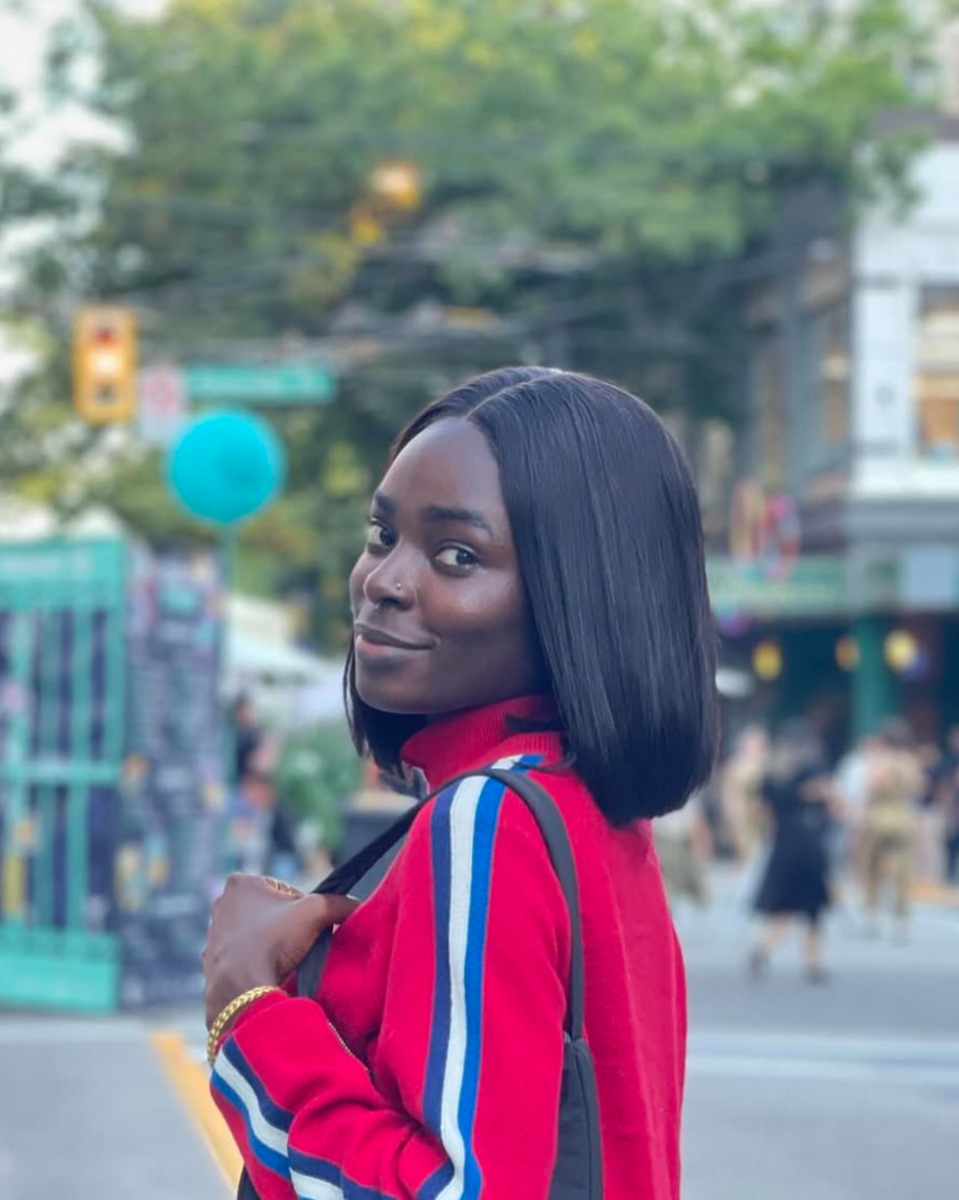
Ihomehe Agbebaku (she/her), MFA Student, Creative Writing, Faculty of Arts
Ihomehe Agbebaku is a writer, filmmaker, and UBC MFA Creative Writing student joining UBC’s COP30 delegation. She mentored in climate storytelling through the Communicating Climate Hope project, an initiative led by UBC and Tilburg University to explore hopeful narratives in the climate crisis, and curated the Intertidal Kinning Festival, a public art program highlighting rising sea levels in the Fraser Estuary. Her work uses storytelling and film to center marginalized voices and spark inclusive conversations on social justice.
"I believe storytelling can bridge the gap between climate policy and lived experience. At COP30, I hope to witness negotiations with a critical eye and translate them into creative and accessible narratives that spark dialogue on social justice."

Kathryn McConnell (she/her), Assistant Professor, Sociology, Faculty of Arts
Kathryn McConnell is an assistant professor of sociology at the University of British Columbia, where she studies the intersection of climate hazards, the built environment, and human mobility. Much of her recent work is focused on wildfire-related migration, gentrification, and planned relocation. Outside of her research, Kathryn has contributed as an editor and an author respectively to the 5th and 6th U.S. National Climate Assessments. Her work is broadly motivated by finding ways that social science can inform equitable adaptation and mitigation strategies.
"Looking to the future, I hope to expand the geographic scope of my research on wildfire-related displacement and post-fire reconstruction to fire-prone regions outside of North America. As a COP observer, I anticipate learning about climate mobility dynamics in different geographic contexts and connecting with academics, practitioners, and activists working on these issues in their own home country contexts."

Maisha Morshed (she/her), Undergraduate student, Mathematics, Faculty of Applied Science
Maisha is a Bangladeshi Karen McKellin International Leader of Tomorrow Scholar pursuing a degree in Mathematics of Information at UBC. She is the first Bangladeshi-born Youth Advisory Council Member at the Jane Goodall Institute of Canada and the founder of InfrastructHER, a venture partnered with Innovation UBC that works to redefine Canadian infrastructure while amplifying BIPOC voices. As a UBC Sustainability Ambassador, she advocates for environmental justice and inclusive city design. Passionate about the intersection of culture and data, Maisha blends her Bangladeshi identity with numerical analysis to address pressing social and environmental issues.
"As a Bangladeshi Bangali who grew up in a Dhaka-centric environment, I’ve seen how rural and coastal voices remain unheard in both North American and global spaces. As a woman in STEM on a competitive full-ride scholarship, I feel a deep responsibility to give back by amplifying those communities and ensuring their perspectives shape global climate solutions."

Mohkam Malik (he/him), Undergraduate Student, Political Science, Faculty of Arts
Mohkam Singh Malik is a third-year Political Science student at UBC who has led advocacy work at every level of government. He currently serves as a member of the City of Surrey’s Livability, Social Equity and Public Safety Committee, where he helps shape policies that improve community well-being. As an experienced community organizer and devoted Sikh, Mohkam is guided by the teachings of Guru Nanak to serve others and leave the earth better than he found it. He is honoured to join UBC’s delegation at COP30, where he hopes to learn, contribute, and amplify the voices of his community on the global stage.
"As a community organizer and student leader, I believe COP30 is a chance to amplify local voices in a global conversation. I want to engage deeply, learn from diverse perspectives, and help shape a more sustainable future."

Monica Rana (she/her), Research Associate, School of Nursing, Faculty of Applied Science
Dr. Monica Rana has a background in public health, and her research focuses on the mental health of youth who are at higher risk of stigma and discrimination. Using an intersectional lens, she studies how overlapping social determinants influence mental health and well-being, while identifying protective factors and interventions that foster resilience. Her work is grounded in community-engaged research and includes evaluating policies and programs aimed at reducing disparities and promoting equity. She also teaches about the health impacts of climate change, integrating science and policy to improve population health and equity.
"My teaching centers on helping students understand the complex intersection of climate change, health equity, and social justice. COP attendance would allow me to bring real-time global policy discussions, climate solutions, and case studies into the classroom, deepening student engagement and learning. Attending COP would also strengthen future grant proposals and collaborative projects at UBC that bridge teaching, research, and climate action."
Nazia Ahmed (she/her), Senior Evaluation Specialist, Faculty of Medicine
Nazia Ahmed is an experienced professional specializing in climate change, sustainability, and impact evaluation. With over a decade of experience, she has worked with leading institutions including the University of British Columbia, the International Union for Conservation of Nature (IUCN), and the World Bank. Her work has focused on developing monitoring and evaluation frameworks for climate-related initiatives, strengthening community resilience through early warning systems, infrastructure upgrades, and capacity-building efforts.
As a member of the COP 30 delegation, Nazia brings a unique perspective shaped by her experience in both developed and developing countries. She is committed to contributing impartially and strategically to global climate discussions, highlighting stories of change and evidence-based solutions that drive meaningful impact.
"With lived experience in a region where climate change has manifested in extreme ways, I understand the challenges faced by developing countries in navigating systems that don’t always support their interests. At the same time, my experience working within a developed country context has given me insight into the constraints they encounter. This dual perspective allows me to approach COP30 with a balanced, inclusive lens—one that values equity, evidence, and global collaboration."

Thais Ayres Rebello (she/her), PhD Candidate, Civil Engineering, School of Engineering Okanagan
Thais Ayres Rebello is a Ph.D. candidate in Civil Engineering at the University of British Columbia, where she researches the sustainability and resilience of urban water systems in the face of climate change. Her work combines life cycle assessment and fuzzy cognitive mapping to develop tools and strategies that integrate circular economy principles, equity, and climate adaptation. She has led projects with the City of Vancouver on equitable access to drinking water and carbon emissions reduction, and collaborated with Vancouver General Hospital on low-carbon healthcare strategies.
"As a water and sustainability researcher, I focus on how climate change impacts urban water systems and how these challenges can be integrated into decision-making. My goal is to advance solutions that promote equity, sustainability, and resilience, and participating in COP30 is an invaluable opportunity to contribute to and learn from the global climate dialogue."

Tarun Khanna (he/him), Assistant Professor, School of Public Policy and Global Affairs, Faculty of Arts
I am interested in the economics of the energy sector and the incentives needed to create low carbon energy systems. My wider research interests include evidence synthesis, policy evaluation, electricity markets, and the role of clean energy in development. My practitioner experience spans policy advisory roles for multilateral institutions such as the World Bank, International Energy Agency, and Asian Development Bank, focusing on energy market reforms and decarbonization in India, Nepal, and Germany. More recently, I contributed to OECD’s synthesis of global climate policy evaluations. These engagements allow me to contextualize international policy trends through both Global North and South lenses.
"Attending COP would directly benefit my work at UBC by connecting cutting-edge negotiation insights with my research on behavioral and economic interventions, and evidence-based policymaking. It would also enrich the graduate course I teach on Energy Policies (PPGA 541) and Policy Evaluation (PPGA 504), offering students a closer look at the interplay of evidence and diplomacy in climate action."
Stay updated on COP30
UBC’s COP30 delegates are planning exciting ways to stay in touch during and after their activities in Belém. Sign up for our newsletter for more information on the latest news and events, and attend Negotiation to Innovation: Advancing Climate Action Through Research and Education, hosted by the Sustainability Hub, on November 12 from 11.00am to 5.00pm at Ponderosa Commons.
As a global leader for sustainability, UBC is tackling the unprecedented challenges of a changing planet. Our UBC COP30 delegation plays a crucial role in this effort, so please join us in wishing them success as they advocate for greater action on one of the most pressing issues of our time.